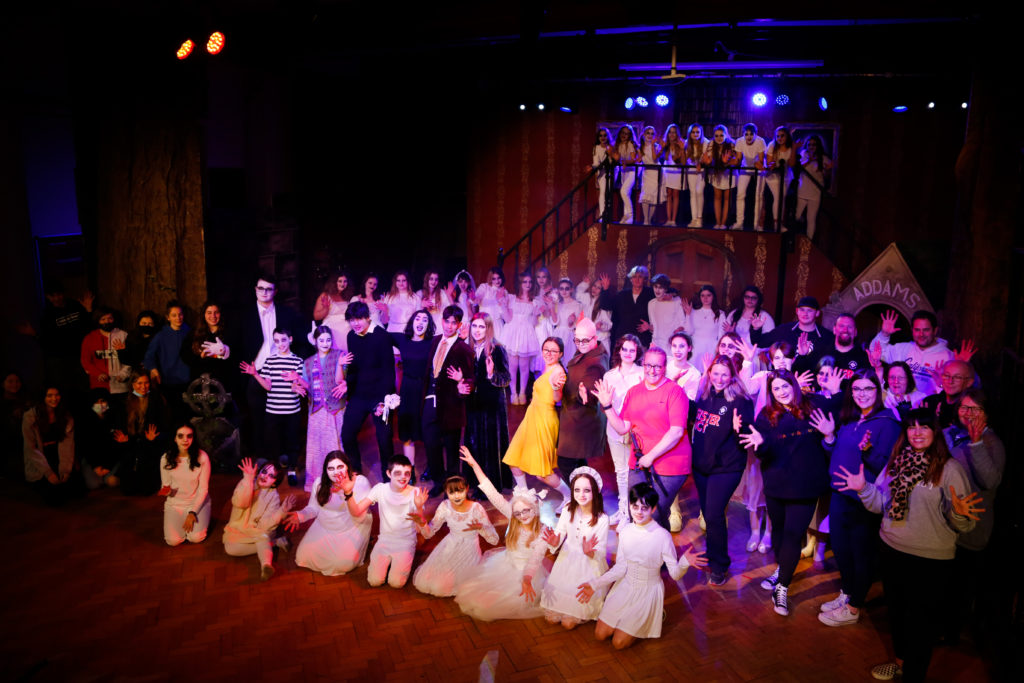Departments & Subjects
Our mission is to work with parents and the local community to provide a broad curriculum and a creative approach to learning. Our intent is to enable all students to fulfil their unique potential and make the world a better place through their informed choices and actions.
Our curriculum meets the requirements of national guidelines and explicitly intends to support students to become :
Drama

Mrs Watson, Head of Department
‘Creativity is intelligence having fun’
Albert Einstein
Intent
At The Arnewood School we believe that creativity allows each learner to stretch their minds, do new and exciting things, and engage themselves in a way that takes them one step closer to reaching their full potential. Our curriculum develops pupils’ discipline, confidence and ability to take risks by developing knowledge of a variety of theatre styles, genres and techniques, we also strive to enable our pupils to look at the world around them, to ask critical questions about it and to be aware of the issues and opportunities we face. We encourage our pupils to participate in a range of extra-curricular trips, to be involved in school productions and to take advantage of our strong links with local theatre and performing arts groups.


